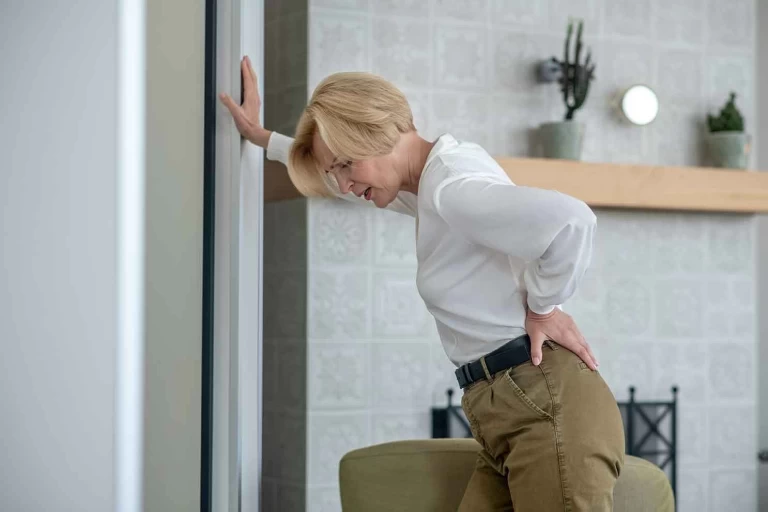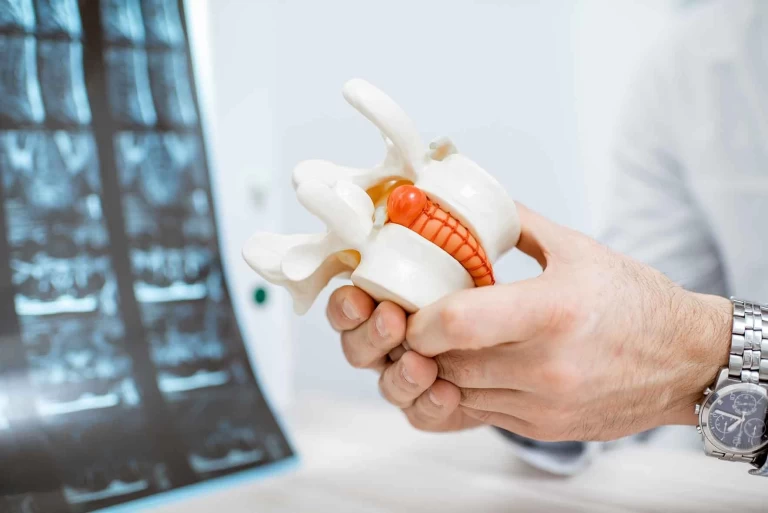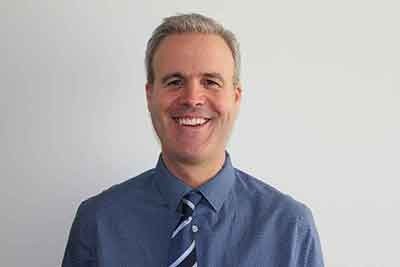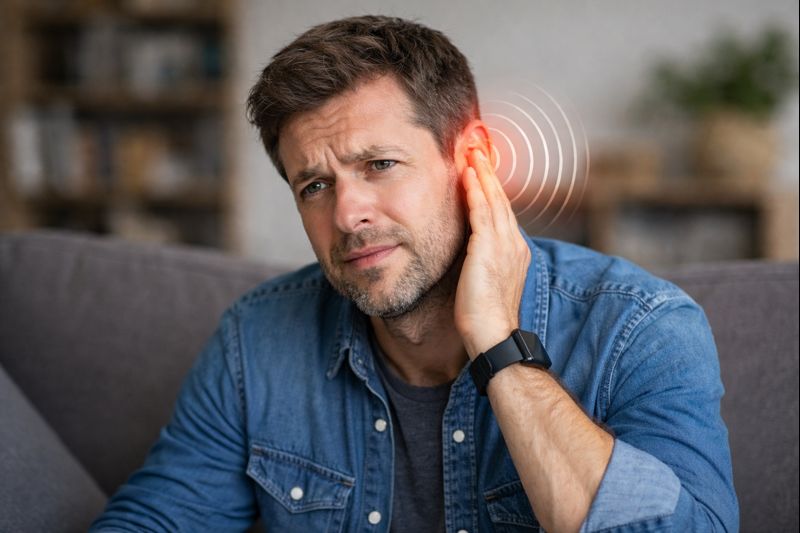
Spinal stenosis is one of the degenerative conditions of the spine, affecting people over 50 and those who have an office job and spend most of their time sitting down. For patients with this condition, every day means reduced mobility, frequent episodes of back pain, and weakness in the legs. Many of them become sedentary to avoid pain and accidents, thus hastening the deterioration of their spine. At our clinic, our chiropractors can perform effective therapies for spinal stenosis, which are non-invasive and safe for most people.
Causes, Types, and Symptoms of Spinal Stenosis
By downloading the Digital Patient Chart mobile app you can better control your patient portal.
Spinal stenosis can be triggered by various conditions and aspects during the patient’s life, such as:
- Osteoarthritis
- Poor posture
- Previous injury or surgery to the spine
- Herniated disc
- Cysts or tumors
Our chiropractors have treated patients suffering from all three types of spinal stenosis:
- Foraminal stenosis – affecting the opening where a spinal nerve exits the spinal canal between two vertebrae
- Lateral stenosis – occurring at the back of the spinal canal
- Central canal stenosis – affecting the opening at the center of the vertebra
Each of these conditions can be painful and will limit people’s range of movements in the neck, back, and legs. Most patients experience pain when walking, especially when climbing and descending, chronic pain in the neck and the lower back, and episodes of acute pain in the lower back.
Why Should You Choose Our Chiropractors to Treat Spinal Stenosis?
Conventional medicine focuses more on managing the symptoms and involves pain medication and epidural steroid injections. In more severe cases, doctors will recommend surgery, which is not always successful and has a long recovery period. Our chiropractors focus on helping patients regain their mobility by resolving spinal stenosis and significantly slowing down the progress of this degenerative condition in elderly patients. When necessary, we will also refer patients for complementary therapies, such as massage and physical therapy.
How We Create Effective Therapies for Spinal Stenosis
This article will not give you a list of therapies, like a menu in a restaurant. The reason for this is that each patient is unique. You may suffer from spinal stenosis in the cervical, thoracic, or lumbar part of the spine. You may have other health conditions that we must take into account to create a safe and effective treatment plan. Also, you may have a low tolerance to pain, and we consider this, as well. The first step is to refer you for an MRI to determine the area affected by spinal stenosis. Depending on the severity of the condition and its extent, our chiropractors will perform various adjustments, tractions, and decompression therapies.
These terms may sound a bit frightening, especially when you think that they will be performed on your spine. However, you can rest assured that these are tested and proven therapies, which help people and do not generate side effects or pain. Many of the medical procedures you have undergone over the years in hospitals and clinics carry a higher degree of risk than chiropractic manipulations.
We Support Patients for the Long Term
Our chiropractors know that spinal stenosis is a progressive condition and may cripple people in old age. For this reason, we encourage our patients to return for maintenance chiropractic therapies and we teach them how to exercise at home and maintain their spine flexibility. We aim to increase your quality of life with effective chiropractic therapies for spinal stenosis. We encourage you to schedule an appointment with one of our chiropractors and learn more about the benefits of this type of treatment.








Leave a comment